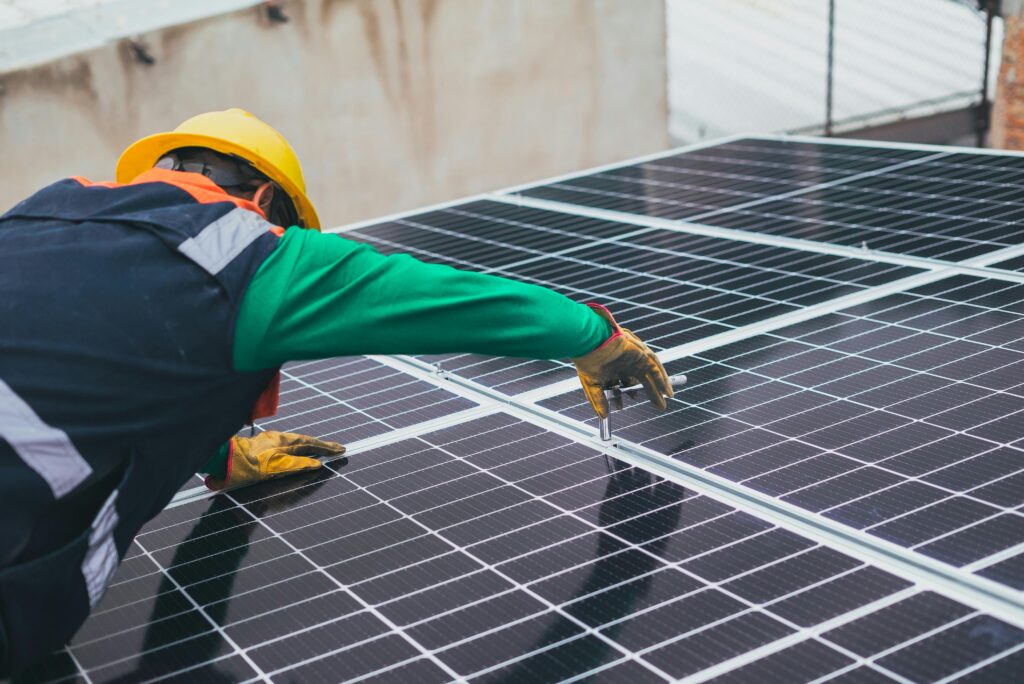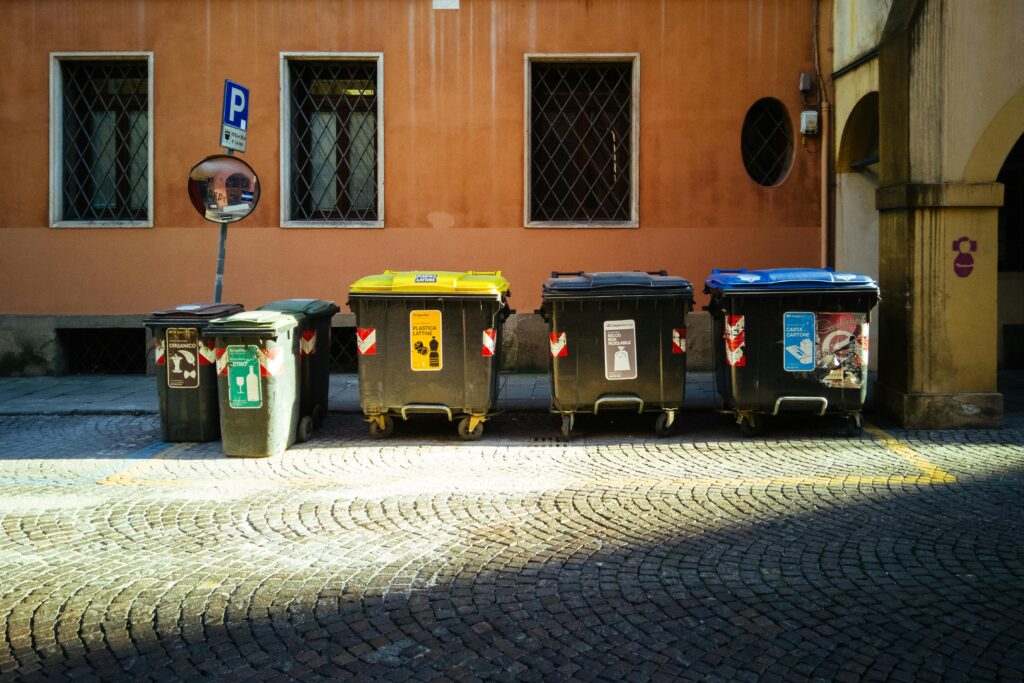Mateka House, Naguru Kampala


- Home
- Our Work
Our Work

Energy
We are accelerating the transition to cleaner and smarter energy. Globally, energy is the largest source of pollution, contributing to two-thirds of greenhouse gas emissions. In Uganda, 94% of people still rely on biomass such as firewood and charcoal for cooking, which leads to deforestation and increased carbon emissions. As renewable energy costs decrease and the risk of stranded assets rises, the shift to clean energy is gaining traction. We collaborate with leading businesses, municipalities, and government agencies to expedite this transition, focusing on demonstrating the benefits, meeting rising demand, and advocating for robust policies.
Transport
We are advancing the shift to zero-emission transport. The transport sector is a significant driver of climate change, responsible for about 25% of global energy-related greenhouse gas emissions. Electric vehicles offer a crucial solution by reducing millions of tons of emissions annually and addressing air and noise pollution. The market is ready for widespread adoption, and Climate Now is forming strong coalitions with business and government leaders to accelerate this transition. We work to create demand signals for market growth and advocate for ambitious policies at all levels of government.


Food
We aim to achieve a zero-emissions food system. Uganda’s food system, which includes production, processing, packaging, distribution, and consumption, accounts for about a third of the country’s emissions and consumes around 30% of its energy. Reducing emissions in food production is vital to reaching a net-zero world by 2050. ClimateNow collaborates with influential business and government coalitions to tackle key challenges in the national food supply chains, focusing on shifting demand and dietary practices.
Solid Waste Management
We are promoting innovations to manage waste and lower greenhouse gas emissions. Poor waste management, such as the disposal of organic waste in landfills, results in methane emissions, a potent greenhouse gas. Burning waste also releases carbon dioxide and harmful pollutants. ClimateNow addresses these issues by supporting sustainable waste management practices like recycling, composting, and converting waste into energy. By partnering with local governments and businesses, we aim to reduce emissions, enhance waste infrastructure, and transform waste into valuable resources for a cleaner future.

